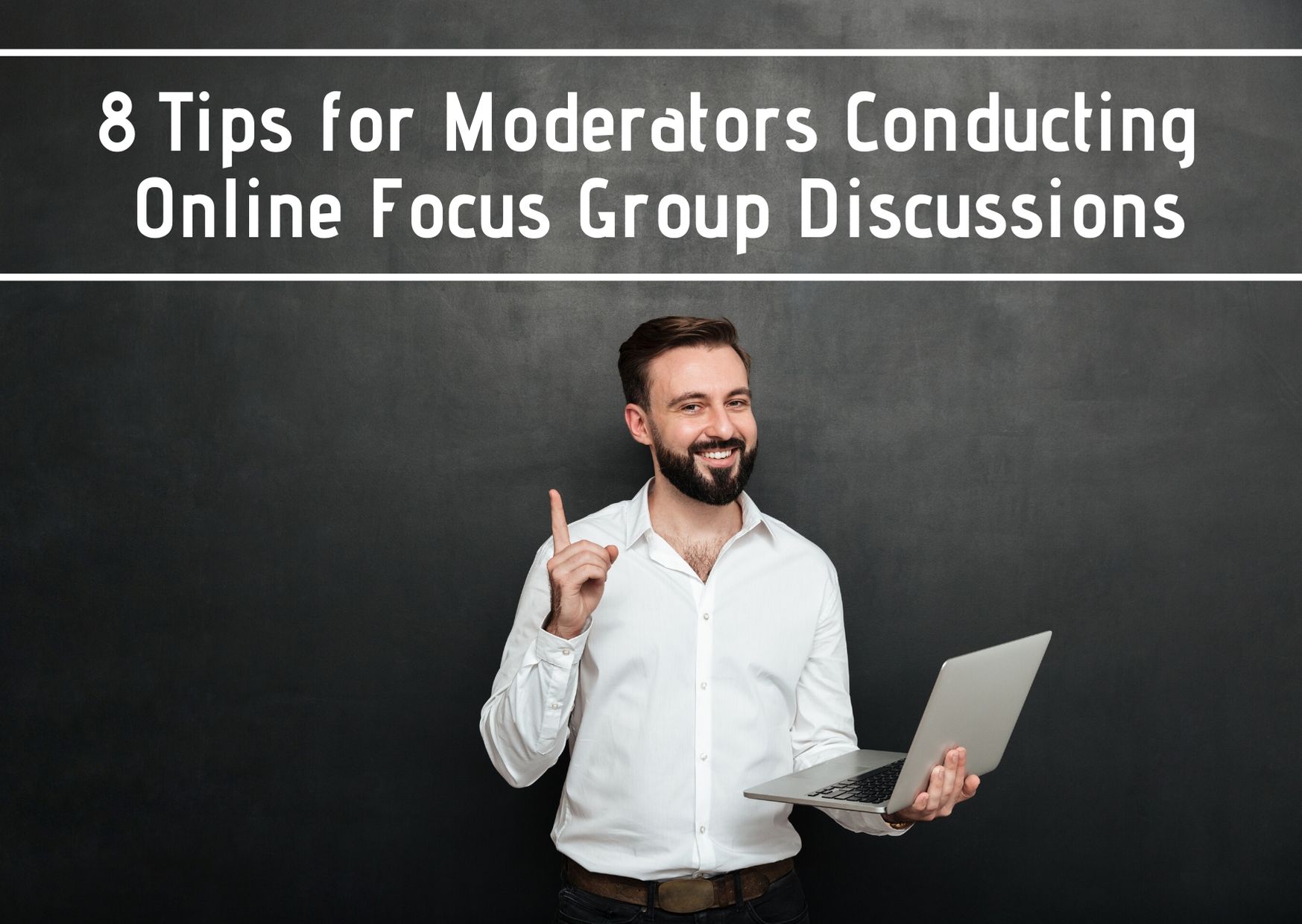
As a moderator, you are tasked to guide and manage focus groups. That doesn’t sound like it's much of a challenge, right?
Wrong.
The quality of gathered respondents and questions being asked is only as good as the market research moderator. Be it for focus group discussions or online communities, the success and insights gathered from qualitative research is heavily dependent on who is moderating or interviewing the participants.
Moderating an onsite focus group discussion may be all too familiar already but because technological innovations allowed for its web counterpart, online focus group discussions emerged. And while this certainly is cost-effective and efficient, it also has some drawbacks. As such, you must identify ineffective habits when conducting an online focus group discussion and focus on how you can make it a successful group discussion.
Below are six tips for moderating an online focus group discussion:
-
Acknowledge every participant
It’s important that you verbally acknowledge every respondent in a focus group discussion sharing their thoughts to assure them that their input is being valued. It is especially crucial in an online environment where they couldn’t always see your reactions and heavily rely on your voice alone.
-
Remember to set the tone for the focus group
During the introduction of the focus group, it is your responsibility to set the tone and outline the rules or agenda for the focus group discussion. Some participants have never attended or taken part in this research method after all. When discussing the focus group rules, you should explain everything including the purpose of the focus group, whether the focus group is being recorded, who the sponsor of the focus group is, and any expectations for participants.
-
Encourage respondents to share relevant ideas
Remind your respondents to be mindful of the topic and to only share relevant insights to prevent the discussion from being sidetracked. Also, be careful when giving out remarks on particular ideas because one unintentionally biased comment from you may lead others to emulate that participant’s insights making the results inaccurate afterwards.
-
Actively encourage the exchange of ideas among respondents
One of the disadvantages of conducting an online focus group discussion is that respondents are not naturally as social online compared to when doing it face-to-face. To address this, encourage your participants to actively exchange ideas, comment on each other’s insights, and have a free-flowing conversation.

-
Ask why a lot
Don’t just rely on vague answers and instead ask your participants to clarify unclear statements or to explain further. Dig deeper. Be that curious kid in the backseat of the car who’s always asking questions. Showing genuine interest on what they have to say will make them want to share even more information over the course of the group discussion. Don’t be contented with one-liner comments like ‘it’s fine’, ‘great product’, or ‘good experience’. Understand the meaning behind all those to get a richer understanding of their motivations.
-
Don’t feel bad about silent moments
While an active exchange of ideas is ideal during focus group discussions, you would also want them to spend time pondering over your questions. It’s important that you get under the skin of your respondents so allow them to take some time answering your questions. This will help you truly understand the behaviors, motivations, and attitudes of your client's consumers.
-
End with a recap
Wrap up the focus group discussion by asking about one key takeaway from each participant. You can end it by asking questions such as “What else can the business improve on the product?” or “What additional things or features would make you a more loyal consumer?” It gives each participant one final insight that can be a strong testament to what will help your client improve both their sales and the rate of customer satisfaction.
Image source: drobotdean


